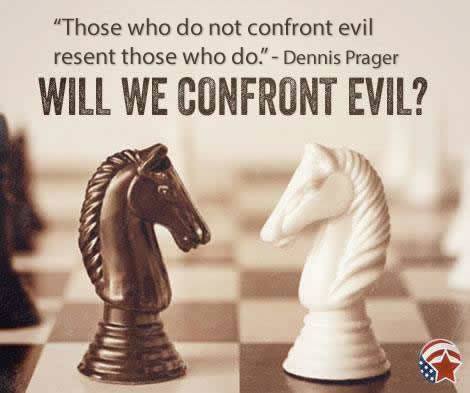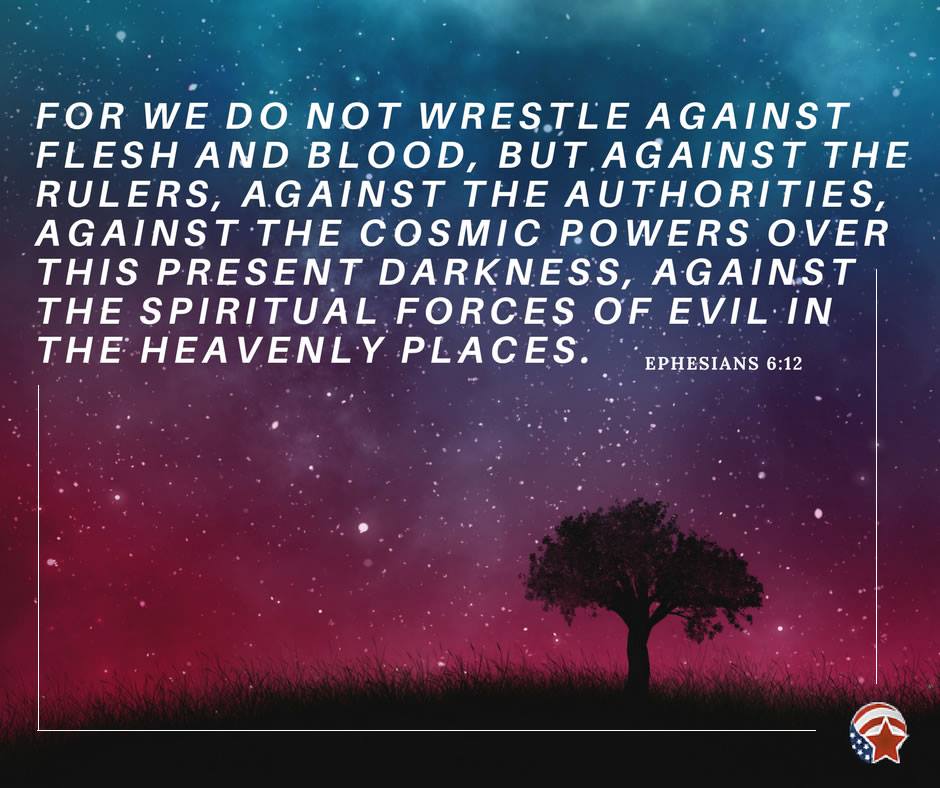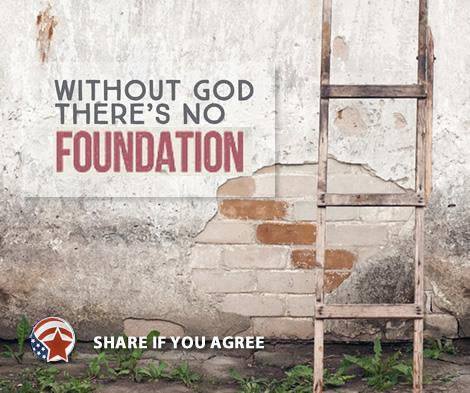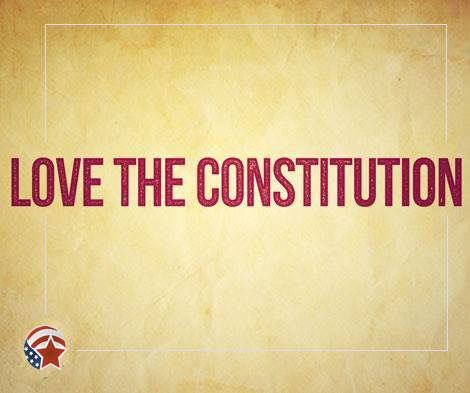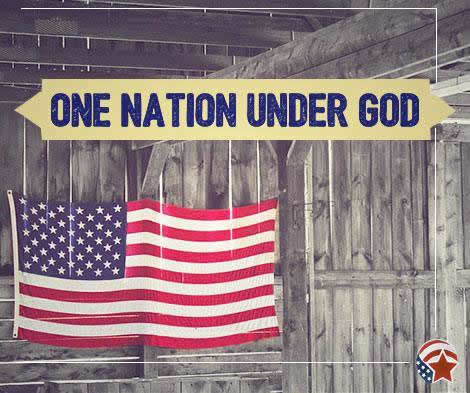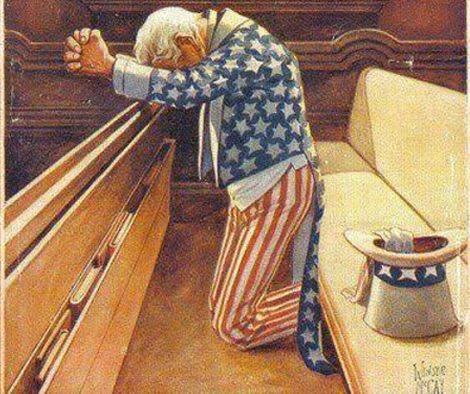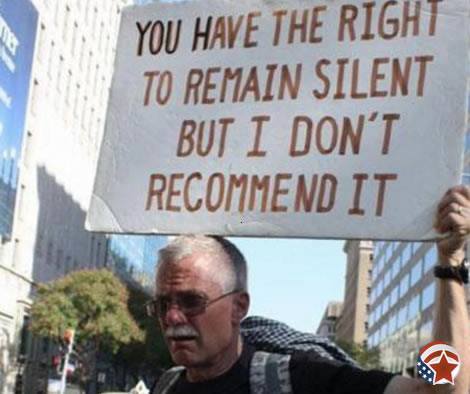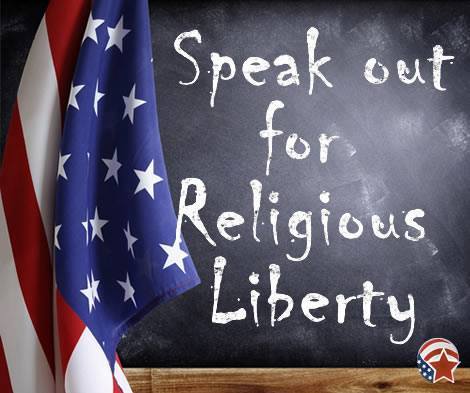In the early 1960s and 70s, organizations seeking to liberalize abortion laws, like the National Organization for Women (NOW), attempted to convince the nation that women wanted legalized abortion on demand. Many women actually opposed liberalized abortion laws, and those women’s voices were silenced by NOW (who was influenced by men seeking to profit from abortion) and NOW’s friends in the (at that time, majority male-led) media.
During that time, many pro-life women spoke out against the liberalization of abortion laws, including many women in the Black community, who saw abortion as “Black genocide.” Four of them are listed below:
Fannie Lou Hamer
Hamer was a civil rights activist who helped to found the Mississippi Freedom Democratic Party. In 1964, she ran for Congress. Hamer was also a victim of eugenic sterilization, a program which Planned Parenthood’s founder (as well as those on her board) advocated.
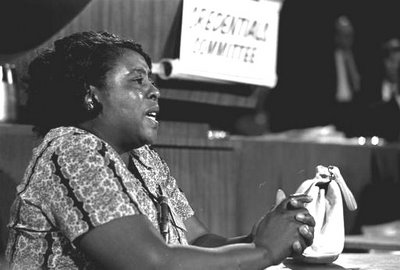
Fannie Lou Hamer
Ethyl Payne said Hamer called abortion “black genocide,” writing in The Afro-American, “She was a delegate to the White House Conference on Food and Nutrition…. There she spoke out strongly of abortion as a means of genocide of blacks….”
Journalist Samuel Yette also noted Mrs. Hamer’s views in The Afro American – Apr 2, 1977, quoting her as saying, “It is still a society in which an injured man must show his ability to pay before getting hospital services, but his daughter or wife can be aborted or fed birth control pills, at public expense….” Yette then recounted how Hamer blasted conference organizers: “She responded with shock and outrage at the deception. ‘I didn’t come to talk about birth control,’ she protested. ‘I came here to get some food to feed poor, hungry people. Where are they carrying on that kind of talk?’”
A 1969 article published by the Free-Lance Star quotes Hamer as denouncing voluntary abortion as “legalized murder,” saying she “made it clear that she ‘regards it part of a comprehensive white man’s plot to exterminate the black population of the United States.’”
Author Kay Mills quoted Hamer in her book as saying, “Once Black women were bought as slaves because they were good breeders. Now they talk about birth control and abortion for blacks. If they’d been talking that way when my mother was bearing children, I wouldn’t be here now.”
Dr. Mildred F. Jefferson
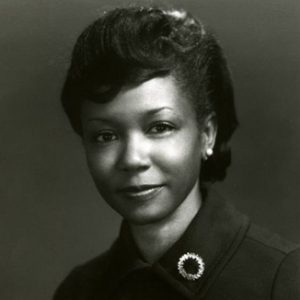
Mildred Jefferson (Image: Schlesinger Library)
Dr. Mildred Jefferson was the first Black woman to graduate from Harvard Medical School and the first woman employed as a general surgeon at Boston University Medical Center. She was ardently pro-life, and was the co-founder of the National Right to Life Committee (NRLC) and Massachusetts Citizens for Life. She served as NRLC president from 1975-1978.
Dr. Jefferson was committed to defending human life from, as she described it, “conception to natural death.”
She first became active in 1970 when, as she recalled to the New York Times, “the American Medical Association first considered bending its founding principles in such a way that a doctor would not be considered unethical” if he or she committed an abortion.
She once described why she became a physician, “I became a physician in order to help save lives. I am at once a physician, a citizen, and a woman, and I am not willing to stand aside and allow the concept of expendable human lives to turn this great land of ours into just another exclusive reservation where only the perfect, the privileged, and the planned have the right to live.”
Dr. Jefferson also warned that abortion would target the Black community, and in 1977, she stated, “Blacks suffer more from abortion because what looks like help is actually striking against them. Blacks are fewer. They will disappear sooner….” She insisted that “[a]bortion is class war against the poor,” and told the Pittsburgh Press in 1977, “Abortionists argue, ‘Let the poor have abortions like the rich can.’ Then abortionists should make a list of the other things rich women have that they’re going to give to poor women.”
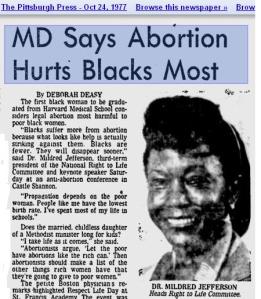
Mildred Jefferson: Abortion is Black genocide
At a press conference in 1989, Dr. Jefferson noted how the abortion lobby uses the poor to maintain abortion access. At that press conference, Dr. Jefferson joined with other pro-life women to release a declaration supporting life, stating that abortion is “not only genocide” but “national suicide.”
“It implies a fascist solution that now they call ‘liberal,’ to keep down the costs of caring for the poor. They get rid of those who are going to run up the costs,” she stated, adding:
Every women’s organization in this country has got to deal with these issues a little more forthrightly than has been possible in the past. Because, for most of the organizations, of the general women’s organizations that support that point of view [abortion] there has never been any kind of real in depth discussion of such issues…
We have an idea that N.O.W., the National Organization of Some Women, in alliance with the other alphabet organizations — ACLU, PP, NARAL — are in deadly collusion to obtain the private right to kill all having the direct objective of establishing a socialist order, to replace our Democratic Republic.”
In a 1976 article with the New York Times, Dr. Jefferson summarized efforts of the pro-life movement as “dedication.” She went on to say, “It’s a simple matter that our people believe if they fail, other people will die. Today the unborn, tomorrow the elderly.”
Iowa Rep. June Franklin
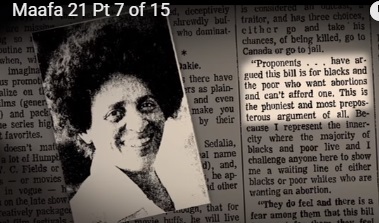
Rep. June Franklin (Image: Maafa21)
In 1971, one of the most convincing arguments against legalizing abortion in Iowa came from a Black female representative in the State’s legislature: June Franklin. According to a report published by the Burlington Hawk Eye, Rep. A. June Franklin, a Democrat from Des Moines, was joined in her opposition to abortion by another female Congresswoman, Hallie Sargisson, (D-Salix).
Rep. Franklin was the only African-American representative in the Iowa legislature, and saw liberalized abortion as a way to target the Black community. “Proponents… have argued this bill is for Blacks and the poor who want abortions and can’t afford one. This is the phoniest and most preposterous argument of all,” Franklin said. “Because I represent the inner-city where the majority of Blacks and poor live and I challenge anyone here to show me a waiting line of either Blacks or poor whites who are wanting an abortion.”
In July of 1972, she defended her vote to the Des Moines Register, saying, “Most of the people I’ve heard from are strongly opposed to legalizing abortion, and most of these people are not Catholics.”
The Des Moines Register later quoted the female lawmaker as being proud that her vote overturned the measure. “It would have led to genocide and euthanasia. God gave us life and only God can take it away,” Franklin said.
Erma Clardy Craven
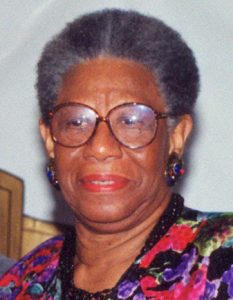
Erma Clardy Craven
Erma Craven served on the board of the National Right to Life Committee and NRLC’s state affiliate, Minnesota Citizens Concerned for Life. She was also a social human rights activist and chairman of the Minnesota Human Rights Commission and African-Americans Against Abortion.
In 1972, just prior to the Roe v. Wade decision, Craven wrote a piece titled “Abortion, Poverty and Black Genocide– Gifts to the poor?” and called abortion Black genocide:
Throughout the course of American history, the quality of human life has always been improved at the expense of the weak and oppressed…. It takes little imagination to see that the unborn Black baby is the real object of many abortionists….
The quality of life for the poor, the Black and the oppressed will not be served by destroying their children….
[T]he womb of the poor Black woman is seen as the latest battleground for oppression. In times past the Blacks couldn’t grow kids fast enough for their “masters” to harvest; now that power is near, the “masters” want us to call a moratorium on having babies. When looked at in context, this whole mess adds up to blatant genocide….Government family planning programs designed for poor Blacks will emphasize birth control and abortion with the intent of limiting the Black population is genocide. The deliberate killing of Black babies in abortion is genocide- perhaps the most overt form of all…. The prevalent Black attitude toward birth control and abortion is distinctly in opposition!
Craven pointed to two studies showing that Blacks — and specifically, Black women — opposed abortion:
In a study conducted by the Bowman Gray Medical School on poverty-level Blacks, 79% of 776 poverty-level Black females, 86% of 500 of their sex partners, and 70% of 215 low-middle-income Black females were found to be “not in favor of abortions under any circumstances.” Similarly, when 990 urban Black females were studied, 77% were found to be opposed to abortion under any circumstances, and this opposition was found to be manifest in their actions of carrying their children to term…”
Click the link below to see the full article.


